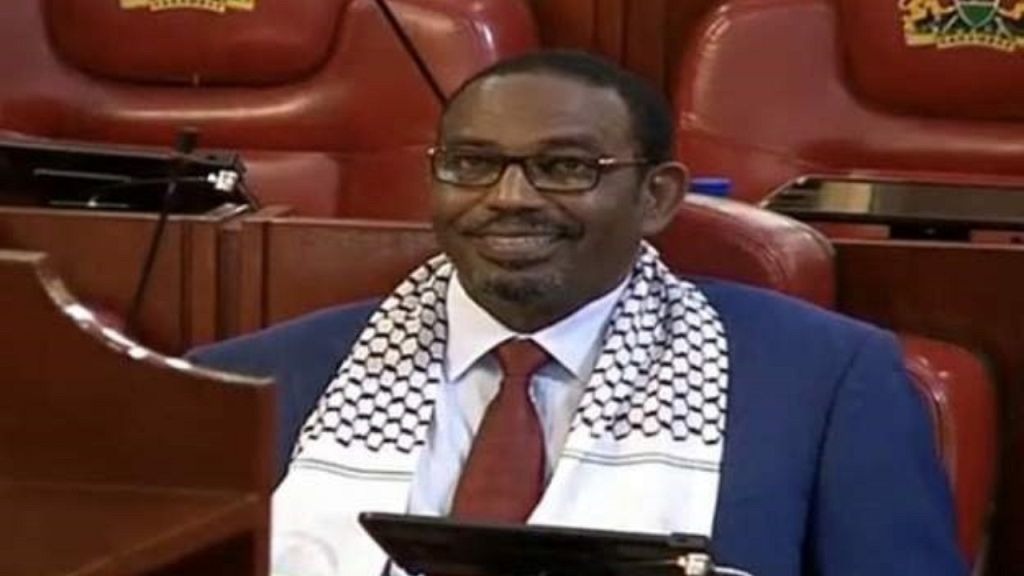
Kenyan MP Sparks Controversy for Wearing Palestinian Scarf in Parliament
A Kenyan Member of Parliament (MP) has stirred controversy after being instructed to remove a traditional Palestinian scarf he was wearing during a parliamentary sitting.…

A Kenyan Member of Parliament (MP) has stirred controversy after being instructed to remove a traditional Palestinian scarf he was wearing during a parliamentary sitting.…
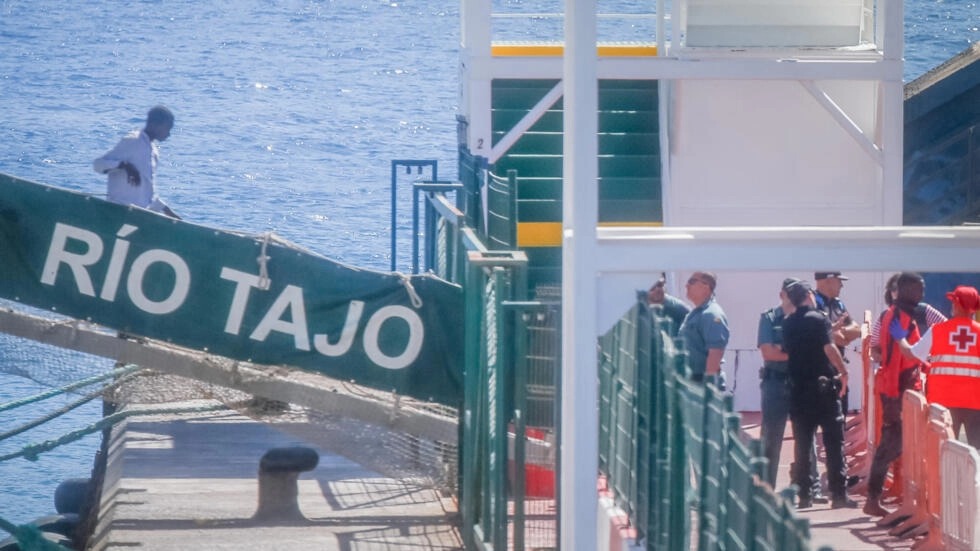
In a dramatic increase highlighting the ongoing migration crisis, a total of 1,457 migrants have successfully reached the Spanish islands off the western African coast…

In a concerning update, National Epidemiologist Dr. Karen Webster-Kerr has revealed that Jamaica is expected to experience a persistent surge in dengue virus cases for…
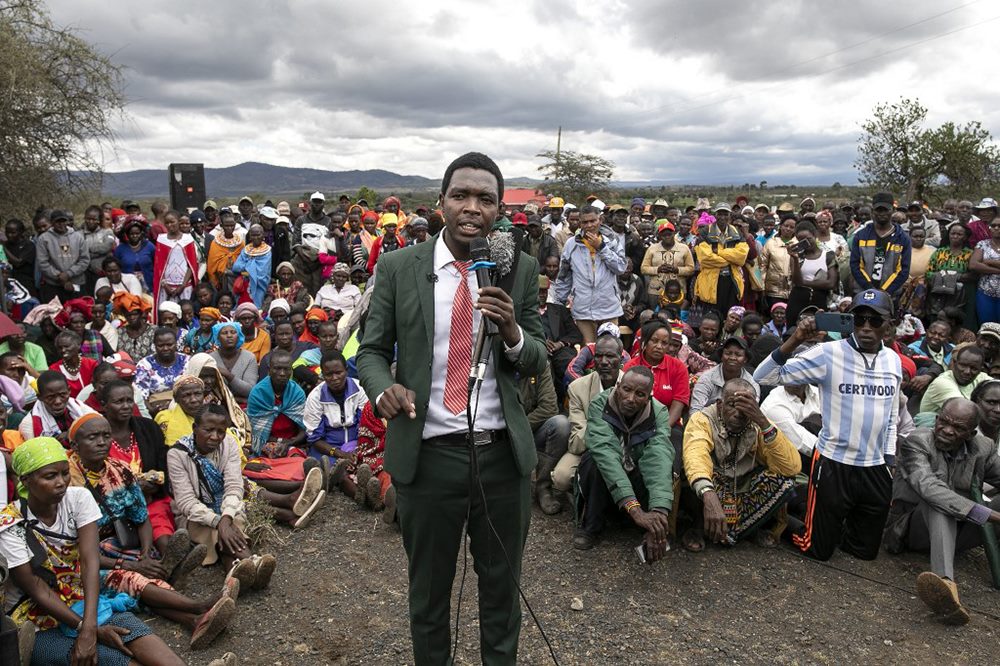
In a significant development, a Kenyan court has ruled that the British Army must provide compensation for a massive fire that engulfed over 4,800 hectares…

In an unprecedented turn of events, Chad’s defence minister and the government’s general secretary have tendered their resignations following the widespread circulation of two separate…

France and Nigeria have recently joined forces in a collaborative effort to tackle the persistent issues of piracy and trafficking in the Gulf of Guinea.…
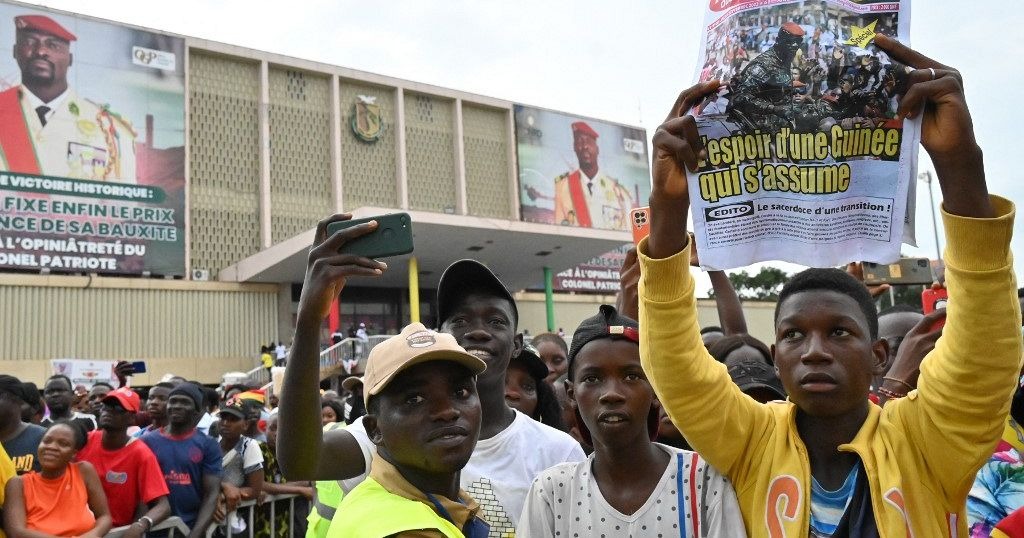
In a disturbing turn of events, Guinean security forces apprehended a minimum of 12 journalists on Monday during a demonstration against censorship. Tear gas was…
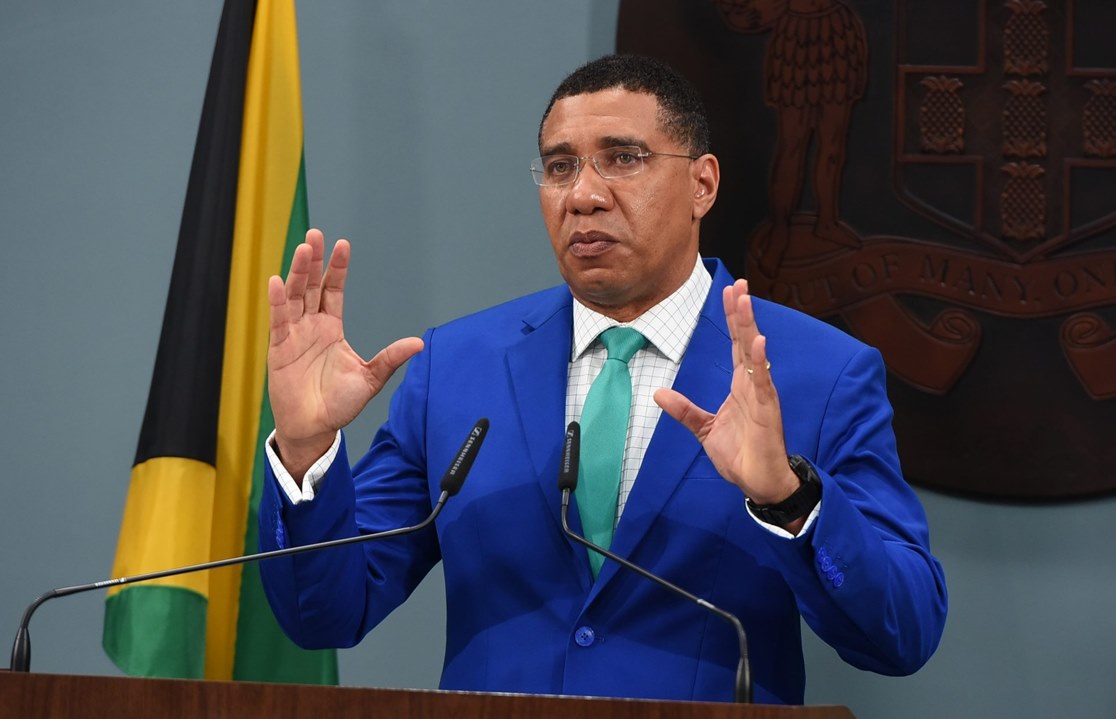
In a bid to combat the rising number of deadly incidents resulting from domestic disputes, Jamaican Prime Minister Andrew Holness announced that his administration is…
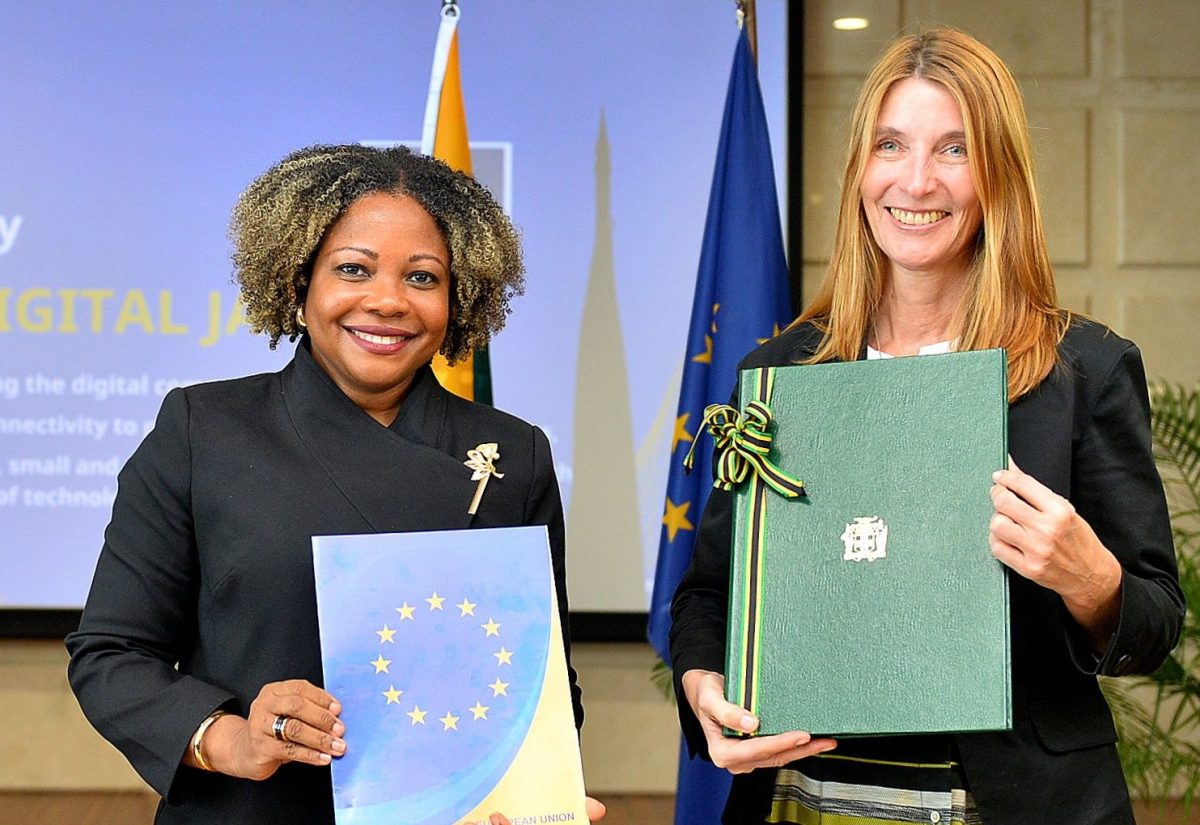
On October 10, the Government of Jamaica, in collaboration with the European Union (EU), unveiled the Digital Jamaica program, a €9.5 million initiative aimed at…
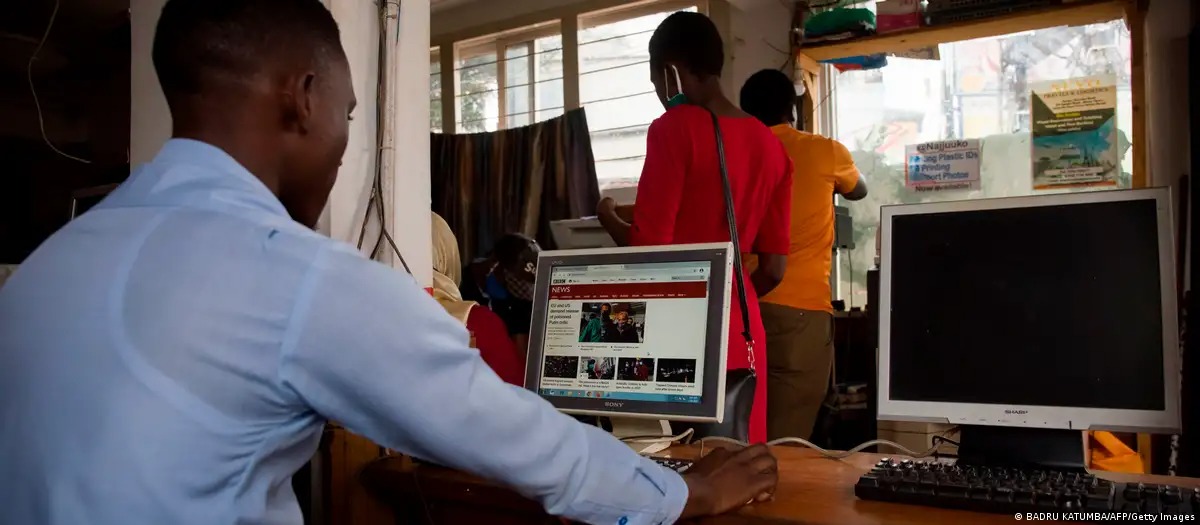
In an effort to address the issue of limited internet access despite affordable data plans, the Malawian government has initiated a program to offer free…
Support the growth of our platform by purchasing our merch.
When artistes submit their music on our website, we encourage their audience to engage with these submissions by using the like or dislike buttons. These ratings play a key role in helping us identify high-quality content that resonates with our listeners. Our dedicated team carefully considers user ratings and preferences, handpicking exceptional submissions for special recognition. The rating system operates through the use of browser cookies, making these ratings unique to individual browser users. This means that each user's likes and dislikes are stored in their browser's cookies, allowing us to gather accurate and personalised feedback. As part of our commitment to supporting talent, we occasionally offer free unbiased airplay to these chosen artistes. This opportunity allows them to reach a wider audience and gain valuable exposure within the music scene. By tapping into the power of our listeners' ratings, we aim to create a community-driven platform that uplifts and celebrates the best in music.